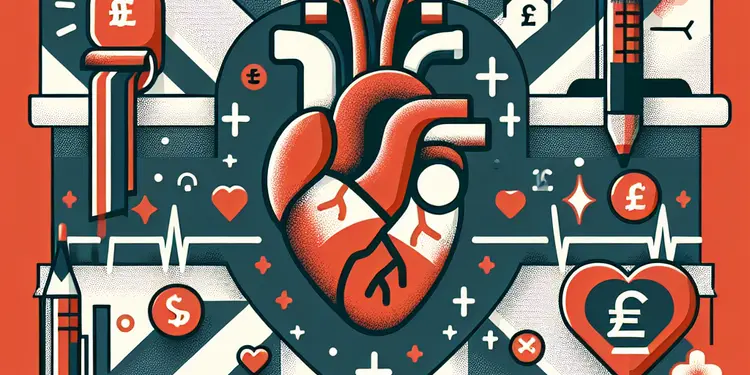
Find Help
More Items From Ergsy search
-
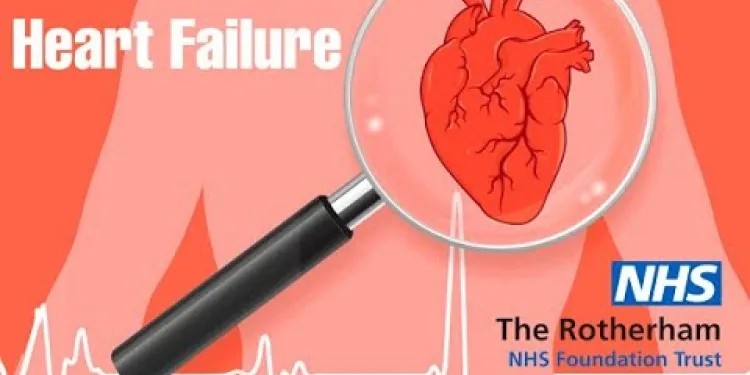
Heart Failure : Symptoms of heart failure
Relevance: 100%
-
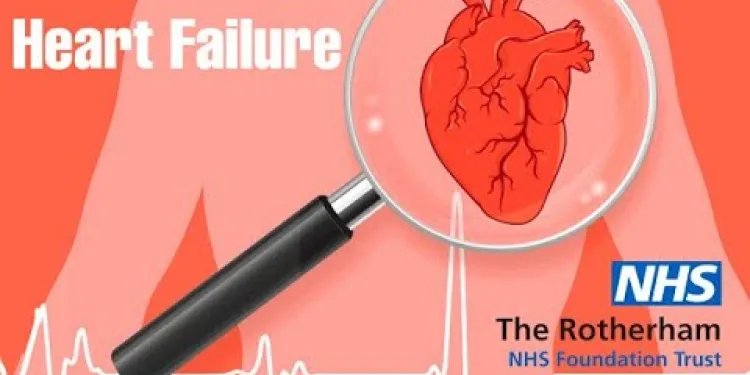
Heart Failure : What is heart failure?
Relevance: 100%
-
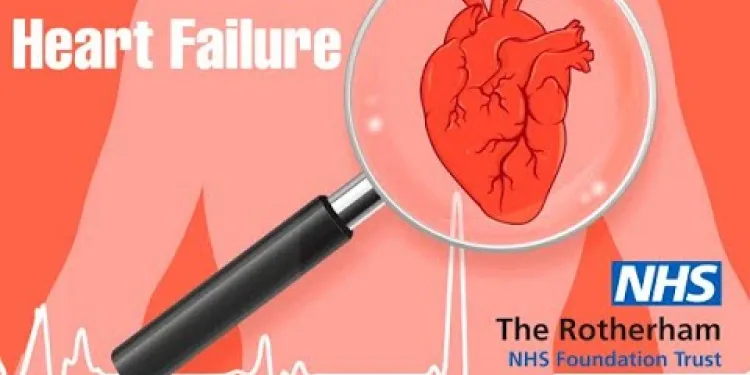
Heart Failure : Heart failure that cannot pump
Relevance: 97%
-

Heart Failure : The normal heart
Relevance: 95%
-
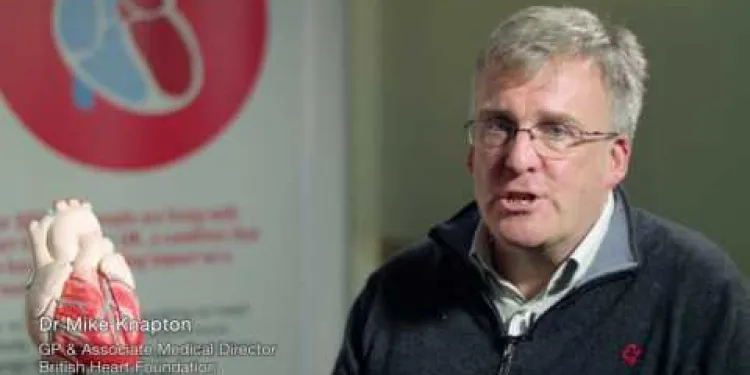
Heart failure introduction
Relevance: 93%
-

Are there different types of heart failure?
Relevance: 89%
-

What causes heart failure?
Relevance: 89%
-
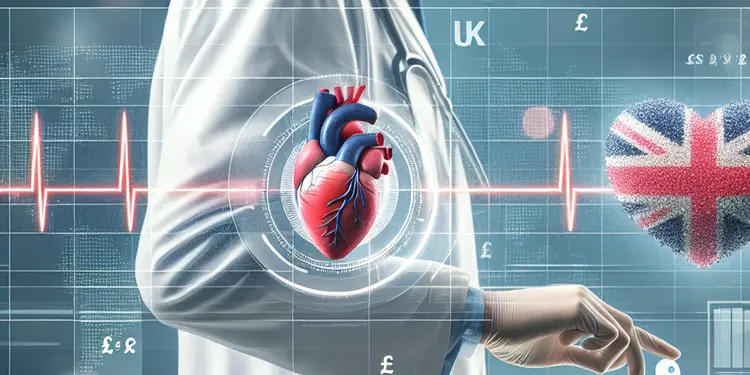
How is heart failure diagnosed?
Relevance: 88%
-
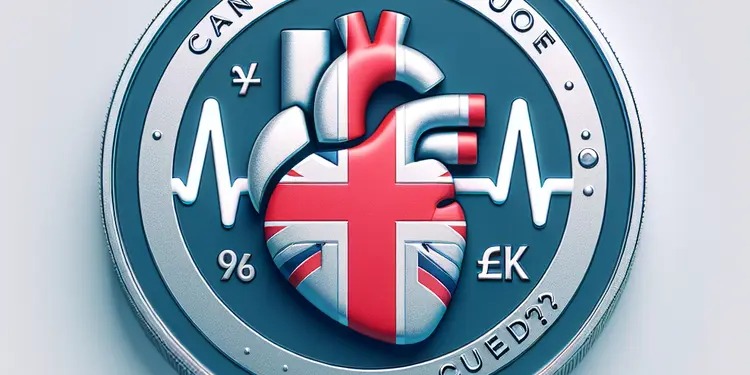
Can heart failure be cured?
Relevance: 88%
-
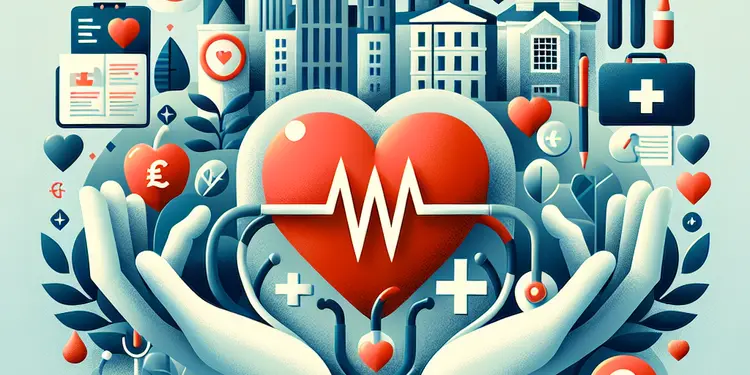
Can heart failure be prevented?
Relevance: 88%
-
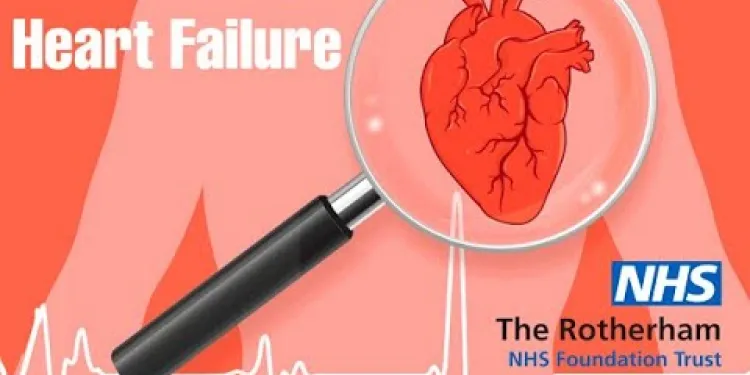
Heart Failure : When the heart becomes stiff?
Relevance: 88%
-
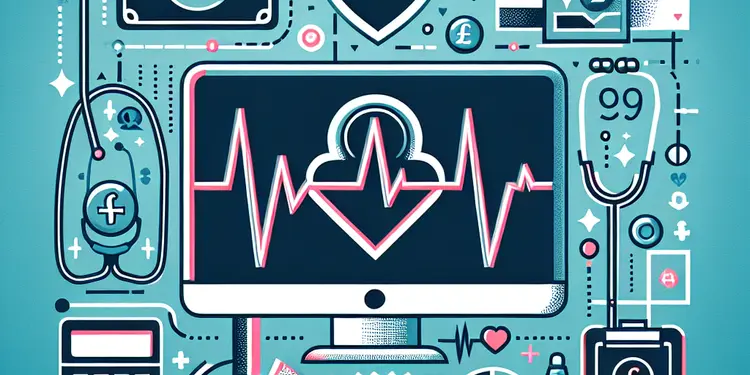
What is the prognosis for someone with heart failure?
Relevance: 84%
-
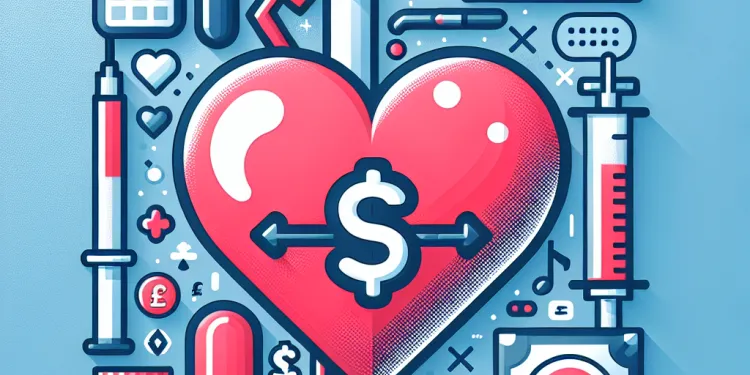
Is Baxdrostat used in treating heart failure?
Relevance: 84%
-
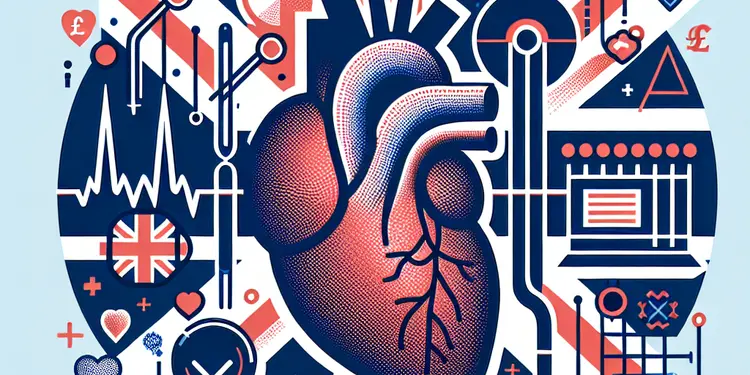
Can heart failure affect other organs?
Relevance: 81%
-
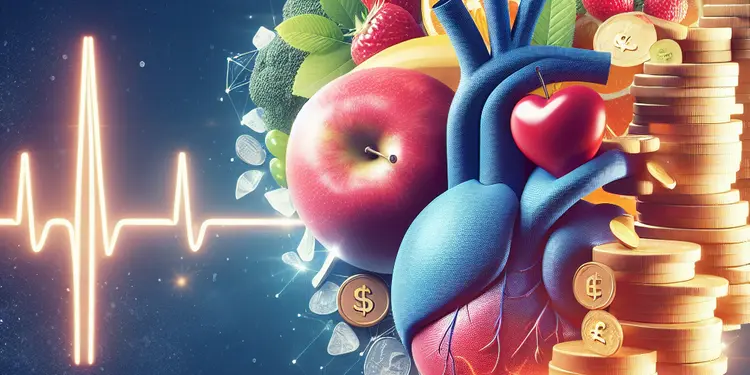
What is the role of diet in managing heart failure?
Relevance: 81%
-
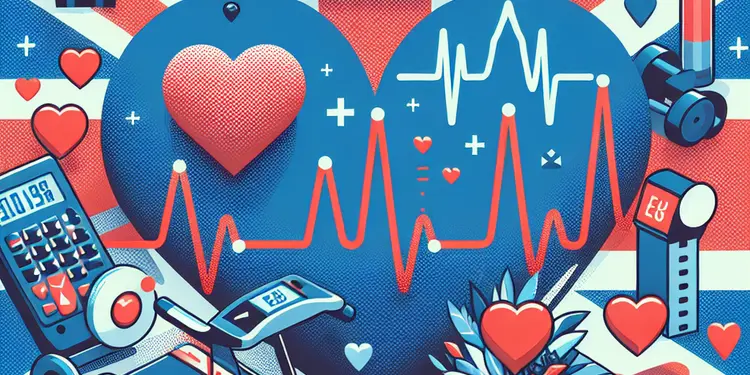
How does exercise impact heart failure?
Relevance: 81%
-
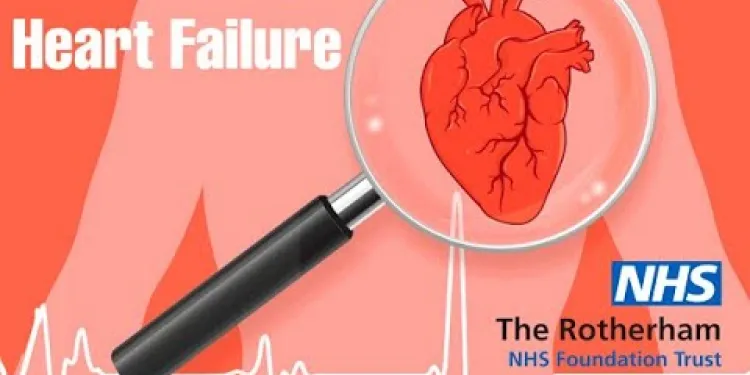
Heart Failure : Treatment and monitoring of fluid retention
Relevance: 80%
-
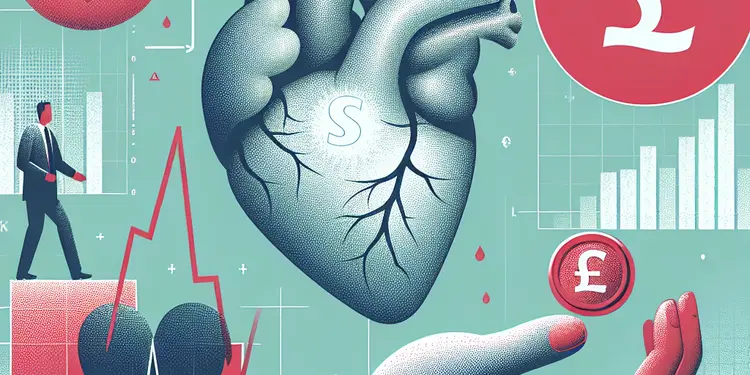
What should I do if I experience symptoms of heart failure?
Relevance: 80%
-

What medications are commonly prescribed for heart failure?
Relevance: 80%
-
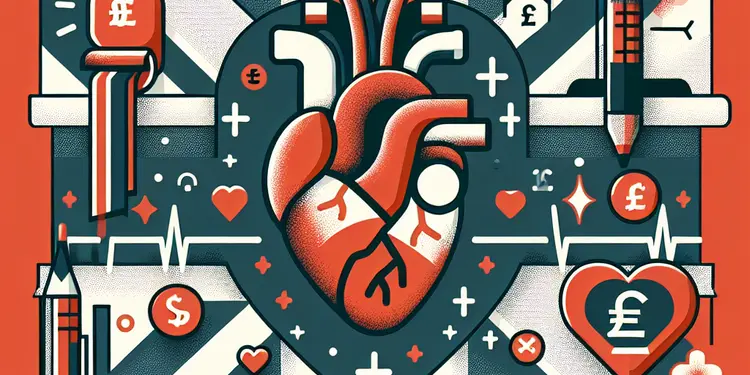
What is heart failure?
Relevance: 70%
-

What are the common symptoms of heart failure?
Relevance: 62%
-

What lifestyle changes can help manage heart failure?
Relevance: 54%
-
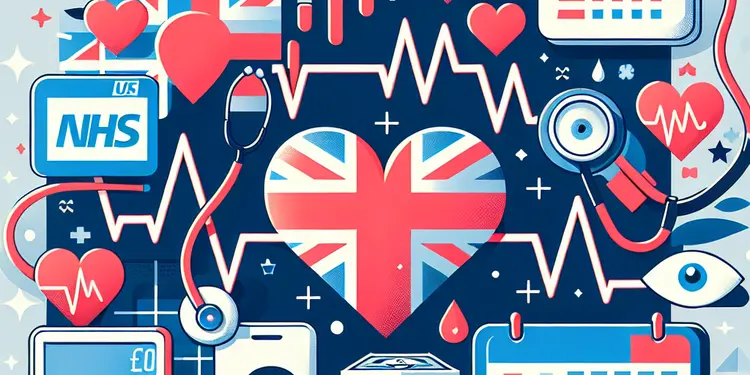
How often should someone with heart failure see their doctor?
Relevance: 54%
-
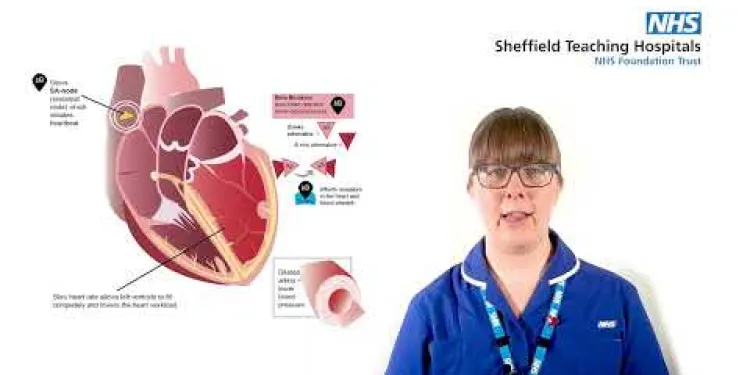
Medicines of the heart
Relevance: 49%
-

Is my abnormal heart rhythm dangerous?
Relevance: 47%
-

How do beta-blockers contribute to heart attack prevention?
Relevance: 45%
-
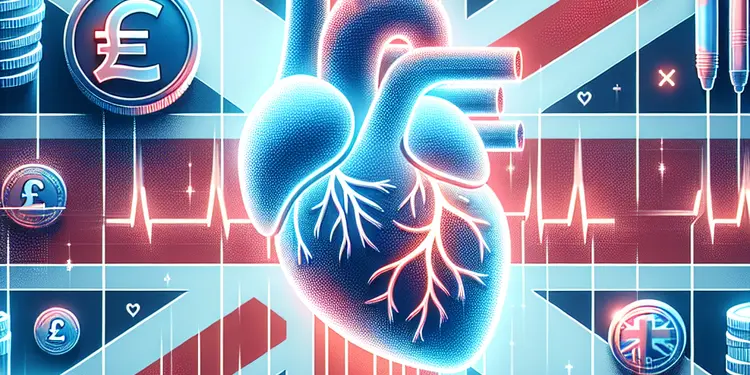
What are the long-term effects of a heart attack?
Relevance: 45%
-

Is my abnormal heart rhythm dangerous?
Relevance: 44%
-

Does coffee consumption have any long-term heart health effects?
Relevance: 43%
-

Heart stents
Relevance: 43%
-
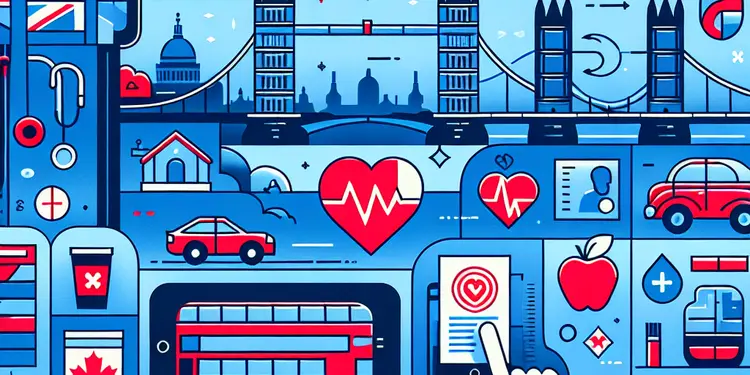
What are the risk factors for a heart attack?
Relevance: 41%
-
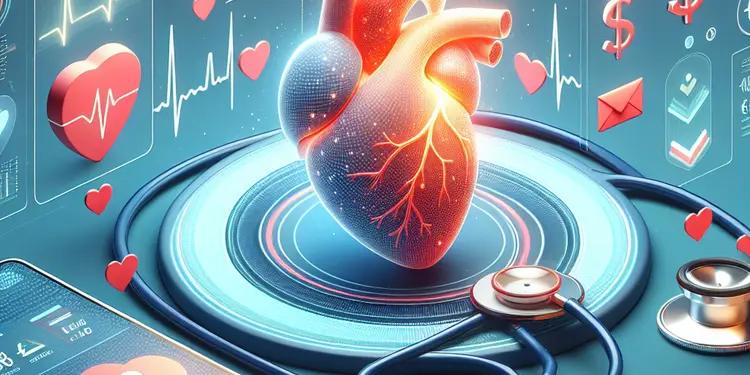
Is it possible to prevent a heart attack?
Relevance: 39%
-
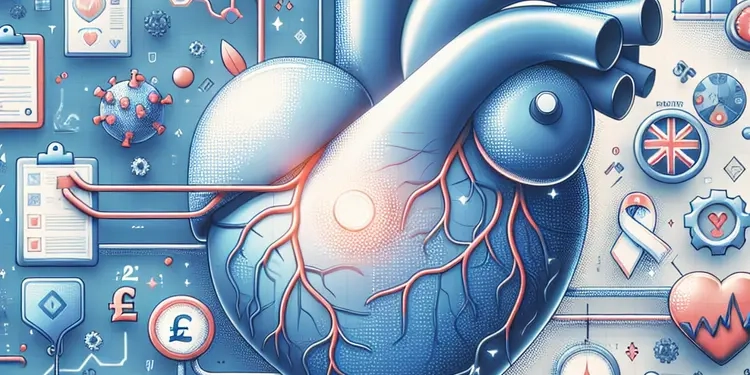
What is heart valve disease?
Relevance: 39%
-

Heart Attack Stories | NHS
Relevance: 39%
-
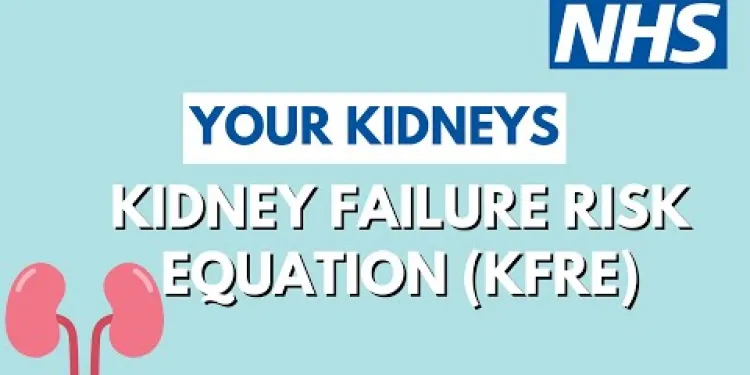
What is my risk of kidney failure with CKD (chronic kidney disease) | UHL NHS Trust
Relevance: 39%
-

Heart Attack Stories | NHS
Relevance: 39%
-

Is it possible to have a heart attack without chest pain?
Relevance: 37%
-

Are there specific fats that support heart health?
Relevance: 37%
-

Will a heart bypass make me live longer?
Relevance: 37%
-

Heart Attack Symptoms - Help Us Help You | NHS
Relevance: 37%
What is Heart Failure?
Heart failure, also known as congestive heart failure (CHF), is a condition where the heart is unable to pump blood efficiently to meet the body's needs. It is not that the heart has stopped working entirely, but rather it functions less effectively, which can lead to a buildup of fluid and insufficient blood flow to various organs.
Causes of Heart Failure
There are several causes of heart failure. Commonly, it is a result of other medical conditions that have damaged or overworked the heart. These conditions include coronary artery disease, high blood pressure, diabetes, and medical history such as a heart attack. Lifestyle factors like smoking, obesity, and lack of exercise also contribute to the risk of developing heart failure.
Symptoms of Heart Failure
The symptoms of heart failure can vary but often include shortness of breath, fatigue, and weakness. Many patients experience swelling in the legs, ankles, or abdomen due to fluid retention. Other symptoms may include rapid or irregular heartbeat, reduced ability to exercise, persistent cough or wheezing, and an increased need to urinate at night.
Diagnosis of Heart Failure
Heart failure is diagnosed through a variety of diagnostic procedures. A doctor may use physical examinations, blood tests, and imaging tests like echocardiograms and chest X-rays to assess heart function. In some cases, more advanced tests like cardiac MRI or CT scans may be needed to provide detailed information about the heart's structure and performance.
Treatment Options
While heart failure is a chronic condition, various treatments can help manage the symptoms and improve quality of life. Treatment plans often involve a combination of lifestyle adjustments, medications, and in some cases, surgical procedures. Common medications include ACE inhibitors, beta-blockers, and diuretics, which help improve heart function and manage fluid retention. In severe cases, devices like pacemakers or even heart transplants may be considered.
Living with Heart Failure
Lifestyle changes play a crucial role in managing heart failure. Patients are encouraged to adopt a heart-healthy diet, maintain an appropriate weight, stay physically active, and avoid smoking. Regular monitoring and follow-up with healthcare providers are essential to managing the condition effectively. Educational support and cardiac rehabilitation programs can provide additional assistance to help patients lead fulfilling lives despite their condition.
What is Heart Failure?
Heart failure is when the heart cannot pump blood properly. It does not mean the heart has stopped. The heart works less well, which might cause fluid to build up in the body.
Causes of Heart Failure
Heart failure can be caused by other health problems. Things like high blood pressure or diabetes can hurt the heart. Heart attacks and not exercising can also make heart failure more likely.
Symptoms of Heart Failure
Signs of heart failure include feeling very tired and having trouble breathing. Some people may have swollen legs or stomachs. You might feel your heart beating fast or slow, get tired easily, have a cough, and need to pee a lot at night.
Diagnosis of Heart Failure
To find out if someone has heart failure, doctors use tests. They might check your body, do blood tests, or use machines to look at your heart. Sometimes, more special tests are needed to look closer at the heart.
Treatment Options
Heart failure cannot be completely cured, but it can be managed. Treatments include changes in lifestyle, taking medicines, and sometimes operations. Medicines help the heart work better, and doctors might suggest things like pacemakers if needed.
Living with Heart Failure
Living well with heart failure involves healthy habits. Eating good food, exercising, and not smoking are important. It's also important to see your doctor regularly. Programs to help you learn about heart health can be useful too.
Frequently Asked Questions
Useful Links
This website offers general information and is not a substitute for professional advice.
Always seek guidance from qualified professionals.
If you have any medical concerns or need urgent help, contact a healthcare professional or emergency services immediately.
Some of this content was generated with AI assistance. We’ve done our best to keep it accurate, helpful, and human-friendly.
- Ergsy carfully checks the information in the videos we provide here.
- Videos shown by Youtube after a video has completed, have NOT been reviewed by ERGSY.
- To view, click the arrow in centre of video.
- Most of the videos you find here will have subtitles and/or closed captions available.
- You may need to turn these on, and choose your preferred language.
- Go to the video you'd like to watch.
- If closed captions (CC) are available, settings will be visible on the bottom right of the video player.
- To turn on Captions, click settings .
- To turn off Captions, click settings again.
More Items From Ergsy search
-

Heart Failure : Symptoms of heart failure
Relevance: 100%
-

Heart Failure : What is heart failure?
Relevance: 100%
-

Heart Failure : Heart failure that cannot pump
Relevance: 97%
-

Heart Failure : The normal heart
Relevance: 95%
-

Heart failure introduction
Relevance: 93%
-

Are there different types of heart failure?
Relevance: 89%
-

What causes heart failure?
Relevance: 89%
-

How is heart failure diagnosed?
Relevance: 88%
-

Can heart failure be cured?
Relevance: 88%
-

Can heart failure be prevented?
Relevance: 88%
-

Heart Failure : When the heart becomes stiff?
Relevance: 88%
-

What is the prognosis for someone with heart failure?
Relevance: 84%
-

Is Baxdrostat used in treating heart failure?
Relevance: 84%
-

Can heart failure affect other organs?
Relevance: 81%
-

What is the role of diet in managing heart failure?
Relevance: 81%
-

How does exercise impact heart failure?
Relevance: 81%
-

Heart Failure : Treatment and monitoring of fluid retention
Relevance: 80%
-

What should I do if I experience symptoms of heart failure?
Relevance: 80%
-

What medications are commonly prescribed for heart failure?
Relevance: 80%
-

What is heart failure?
Relevance: 70%
-

What are the common symptoms of heart failure?
Relevance: 62%
-

What lifestyle changes can help manage heart failure?
Relevance: 54%
-

How often should someone with heart failure see their doctor?
Relevance: 54%
-

Medicines of the heart
Relevance: 49%
-

Is my abnormal heart rhythm dangerous?
Relevance: 47%
-

How do beta-blockers contribute to heart attack prevention?
Relevance: 45%
-

What are the long-term effects of a heart attack?
Relevance: 45%
-

Is my abnormal heart rhythm dangerous?
Relevance: 44%
-

Does coffee consumption have any long-term heart health effects?
Relevance: 43%
-

Heart stents
Relevance: 43%
-

What are the risk factors for a heart attack?
Relevance: 41%
-

Is it possible to prevent a heart attack?
Relevance: 39%
-

What is heart valve disease?
Relevance: 39%
-

Heart Attack Stories | NHS
Relevance: 39%
-

What is my risk of kidney failure with CKD (chronic kidney disease) | UHL NHS Trust
Relevance: 39%
-

Heart Attack Stories | NHS
Relevance: 39%
-

Is it possible to have a heart attack without chest pain?
Relevance: 37%
-

Are there specific fats that support heart health?
Relevance: 37%
-

Will a heart bypass make me live longer?
Relevance: 37%
-

Heart Attack Symptoms - Help Us Help You | NHS
Relevance: 37%


